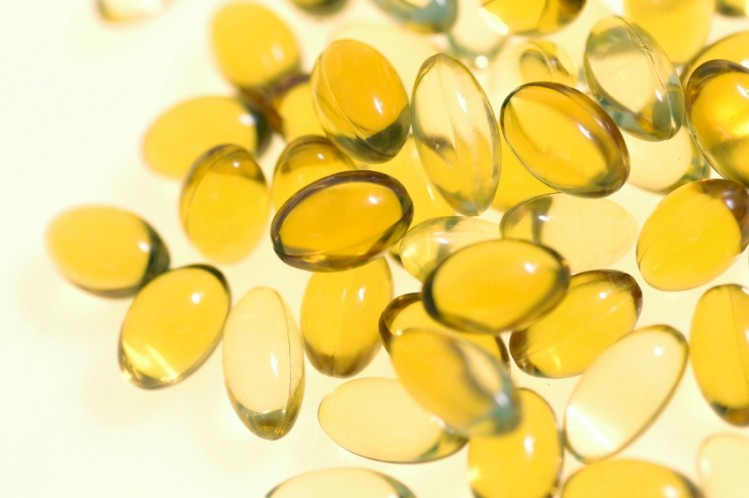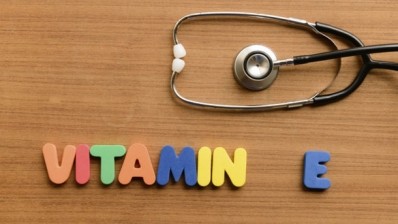Could vitamin E protect against gallstones?

Subjects with gallstone disease had lower blood levels of alpha-tocopherol (one of the eight isomers of vitamin E) than those who did not have gallstones, found the researchers led by the University of Kiel, Germany.
The scientists also found that those with gallstone disease also had a lower alpha-tocopherol/ cholesterol ratio than healthy individuals. A similar association was found with gamma-tocopherol levels. However, with the gamma form, the results were not statistically significant.
“We observed an inverse association between circulating vitamin E (alpha- and gamma-tocopherol [non-significant]) levels and the prevalence of gallstone disease in a community-based sample, wrote senior researcher Professor Wolfgang Lieb.
Study Details
The cross-sectional study included 582 individuals of median age 62. Women made up 38.5% of the study population.
Gallstone disease was defined as gallbladder stones visibly detected by ultrasound examination. The scientists took blood samples from the subjects, from which total and low-density lipoprotein (LDL) cholesterol and two different forms of vitamin E (alpha- and gamma-tocopherol) were measured.
The researchers calculated associations between presence of gallstone disease and vitamin E blood levels, and between gallstone disease and the vitamin E/ cholesterol ratio.
Possible Mechanisms
Oxidative stress and free radicals are thought to play a role in gall bladder disease development. Thus, higher vitamin E might help protect against oxidative stress, reducing the risk of gallstones, hypothesised the scientists.
However, the researchers alsocautioned that the cross-sectional design of the study meant that reverse causality could be a possibility. Thus lower vitamin E levels could be the result of higher oxidative stress in those with gallstone disease, they explained.
Previous research has also found reduced vitamin E absorption in people with gallstones, and that the disturbance of bile secretion in gallbladder disease is associated with fat-soluble vitamin deficiencies.
Therefore, the researchers emphasised that prospective studies would be needed to test their hypothesis that vitamin E might provide protection against gallstones.
“[Although] this observation supports the concept that higher levels of the antioxidant vitamer alpha-tocopherol may protect against gallstone disease, a premise that needs to be addressed in a prospective setting. Furthermore, it needs to be established if, and to what, extent dietary vitamin E supplementation may prevent gallstone formation,” concluded Lieb.
Source: Nutrients
Volume 10, issue 2, article 133, doi: 10.3390/nu10020133
“Association of Circulating Vitamin E (alpha- and gamma-Tocopherol) Levels with Gallstone Disease”
Authors: Sabina Waniek, Wolfgang Lieb et al
















